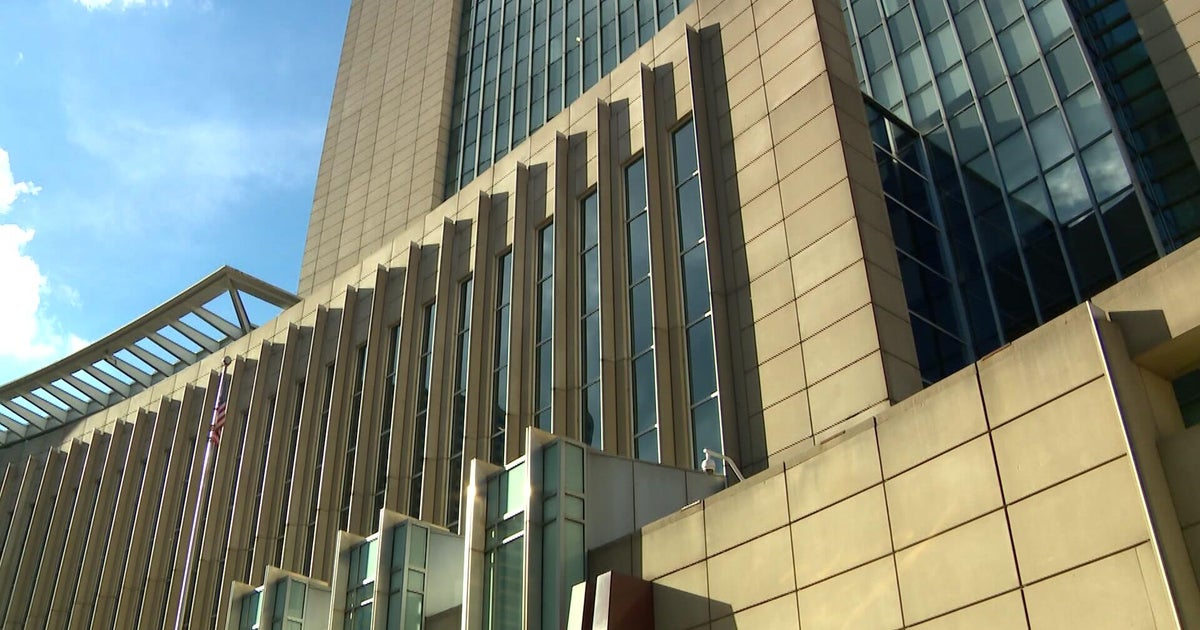Buttigieg touts "once in a century opportunity" to improve infrastructure
Transportation Secretary Pete Buttigieg said Thursday that the U.S. has a "once in a century opportunity" to push forward infrastructure reforms and added that the country is on the verge of an "infrastructure season" that could potentially turn into an "infrastructure decade." Buttigieg spoke Thursday at the virtual South by Southwest festival.
"In the last administration, infrastructure week became a punchline," Buttigieg said during a keynote session. "We kept getting our hopes up for something big to happen on infrastructure and it never did."
The new transportation secretary said his vision of 21st century infrastructure includes the "unglamorous" task of repairing the roads and bridges across the country, while making sure transportation plays a critical role in helping battle climate change.
"Transportation can be a part of the solution," Buttigieg said. "In fact, it has to be because transportation is the biggest part of the problem. We're the biggest sector when it comes to greenhouse gas emissions, which means improving transportation is the biggest thing we can do to get our economy on the right track."
According to the Environmental Protection Agency (EPA), greenhouse gas emissions from transportation account for nearly 30% of total U.S. greenhouse gas emissions. The EPA says that between 1990 and 2018, greenhouse gas emissions in the transportation sector increased more in absolute terms than any other sector.
Buttigieg said breakthroughs in technology and politics are necessary for the transportation industry to make an impact on fighting climate change. The "electrictrification of cars" is an important milestone in that direction, he said, but acknowledged that electric vehicles alone won't solve the problem.
"If your car is electric and your electricity comes from coal then it is not a clean car," Buttigieg said, adding that he wants a "vigorous debate" between Republicans and Democrats on how the U.S can get to net-zero emissions by 2050.
"What we want to be arguing over is whose plan is best rather than whether we should do it at all because frankly we are out of time for that argument. We literally can't afford to stay bogged down," Buttigieg said.
Buttigieg has also stressed the need to improve the nation's railway system during his first few weeks in office. Last month, he visited Union Station in Washington D.C. to meet with Amtrak workers and transit executives.
On Thursday, he touted the importance of the $1.9 trillion American Rescue Plan for the transportation industry and said the resources provided will allow the country's transit systems to continue operating.
The coronavirus pandemic severely impacted Amtrak, which lost 90% of its ridership last year and was forced to disclose plans for cutting a fifth of its workforce. Buttigieg said the additional resources are "critical" for Amtrak's ability to operate on all of its routes.
The former South Bend, Indiana, mayor said the passenger rail service in America should not be inferior to that of other countries and added that investments to improve railroads "has to be a national choice."
Two years ago, Buttigieg was a relatively unknown voice on the national stage when he appeared in front of a small crowd at South by Southwest shortly after launching his historic presidential campaign.
Now, as the first U.S. Senate- confirmed gay Cabinet secretary, Buttigieg said he's "still processing" the experience of being catapulted across the country in recent years. He added that his role in the cabinet is a reminder of how far the LGBTQ community has come to achieving equality.
"There were people who, never mind being a soldier or a Cabinet officer, couldn't be a bookkeeper or an astronomer in the federal government because you were considered a threat just by virtue of being different," Buttigieg said.



